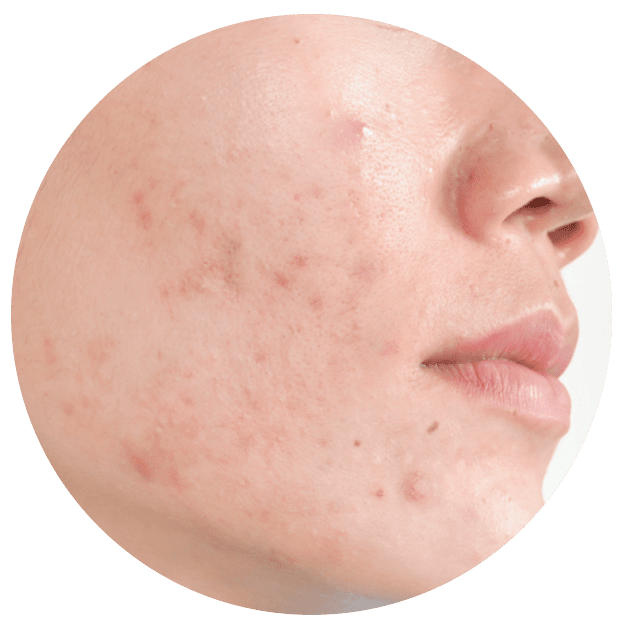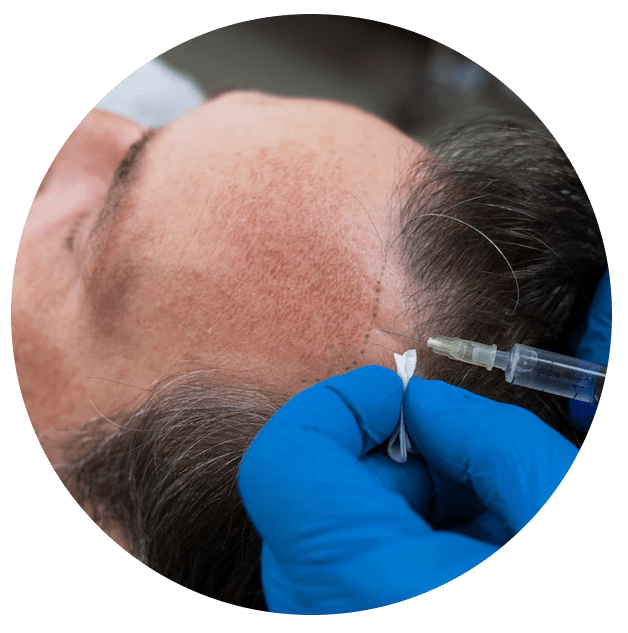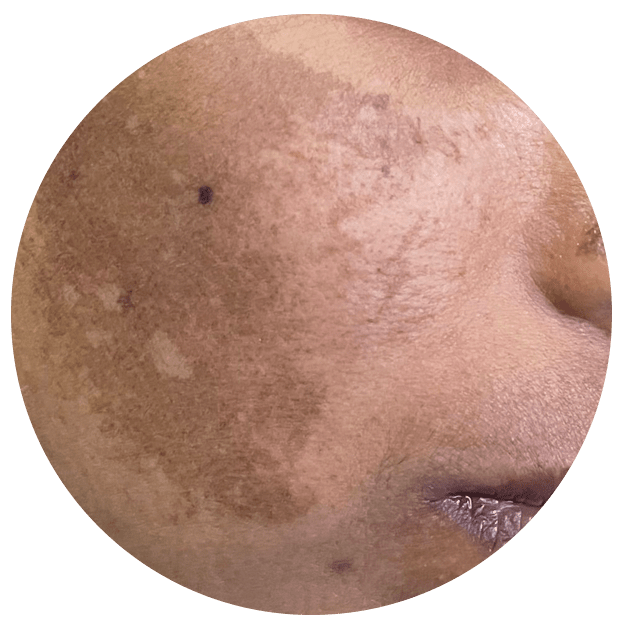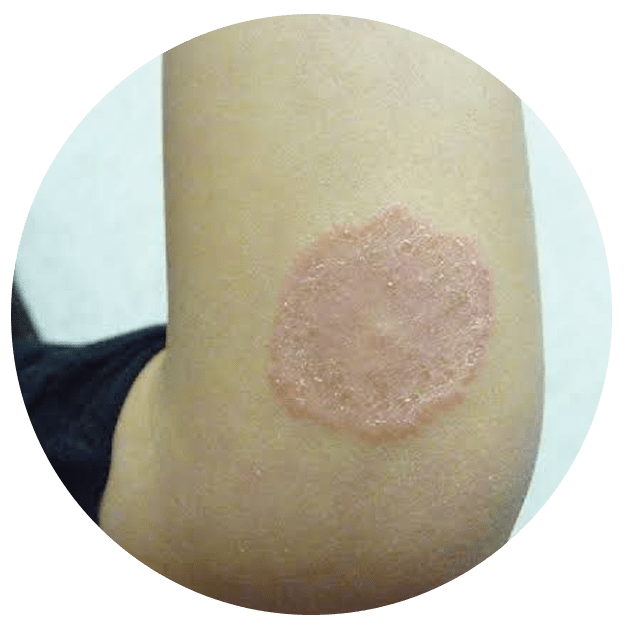
Hair Fall Treatments
Worried About
Hair Fall?
Stop your hair fall now with our advanced hair fall treatment
DermaShine Skin Clinic
DermaShine Skin Clinic is the best skin clinic in Pimple Saudagar, PCMC. Our aim is to provide comprehensive solution and excellence in dermatology, pediatric dermatology and trichology in the fast dwindling art of practicing genuine Dermatology. DermaShine Skin Clinic is equipped with world-class technology to handle all dermatology and cosmetology concerns.

Dr. Bhavna Chandwani
M.B.B.S , M.D. Dermatology , Venerology, Leprosy
Dr. Bhavna Chandwani
Skin Specialist In Pimple Saudagar, PCMC
Dr. Bhavna Chandwani MBBS, MD (Dermatology , Venerology, Leprosy), is a renowned Dermatologist in Pimple Saudagar, PCMC, Pune. She has over 5 plus years of experience dealing with all skin types. She has completed her degree at the Bharti Vidhyapeeth Medical College & Hospital, Pune.
She is an active Life Member of the following Organisations:
- IADVL (Indian Association of Dermatologist, Venereologists and Leprologist)
- ACSI (Association of Cutaneous Surgeons of India)
- Registered doctors at Maharashtra Medical Council.


Consult with the best
DermaShine Skin Clinic is equipped with world-class technology to handle all dermatology and cosmetology concerns.
- Experienced Doctor & Staff
- Premium services for skin and hair.
- Patient-centric solutions.
- Evidence based dermatology.
- Comprehensive Consultation
- Post treatment assitance
- Hygienic environment
- Cooperative staff
- US FDA approved laser equipments
- State of the art technology


















